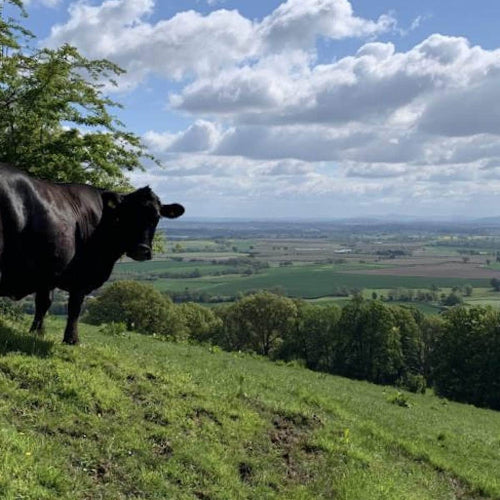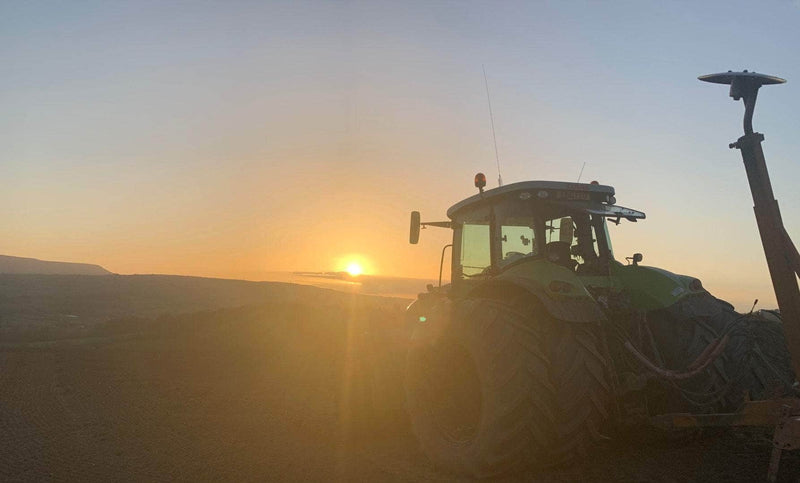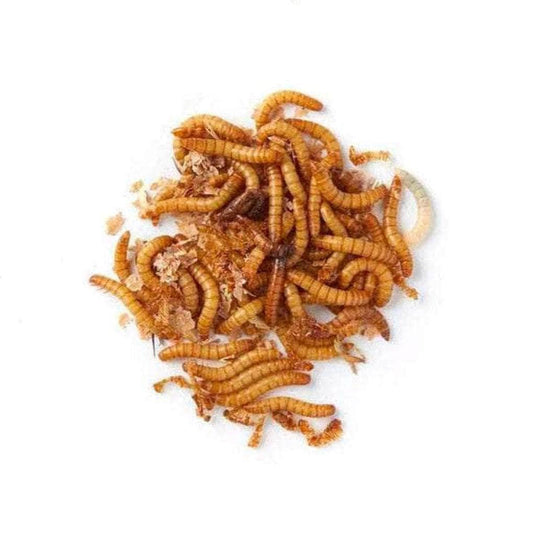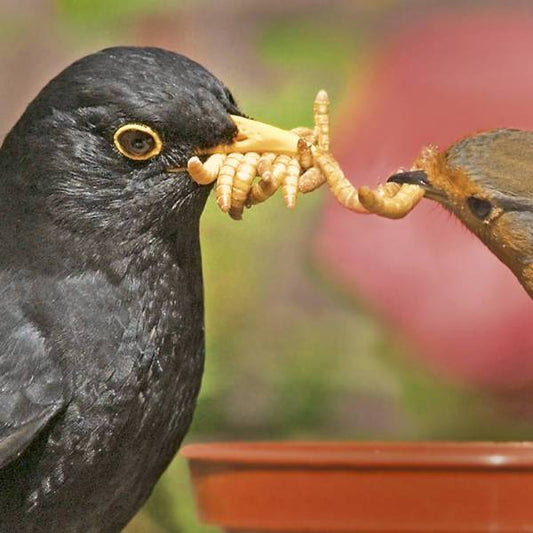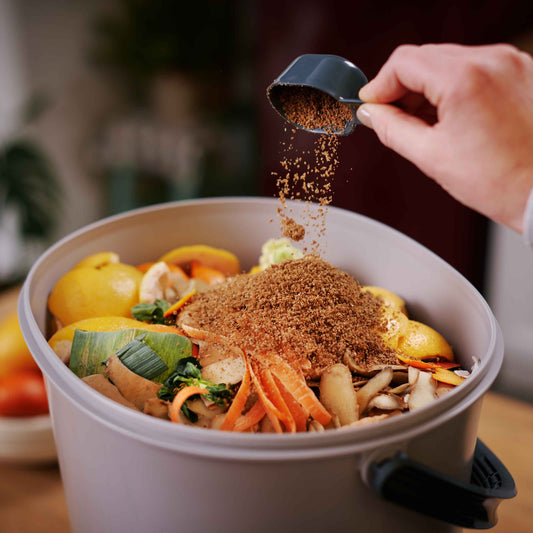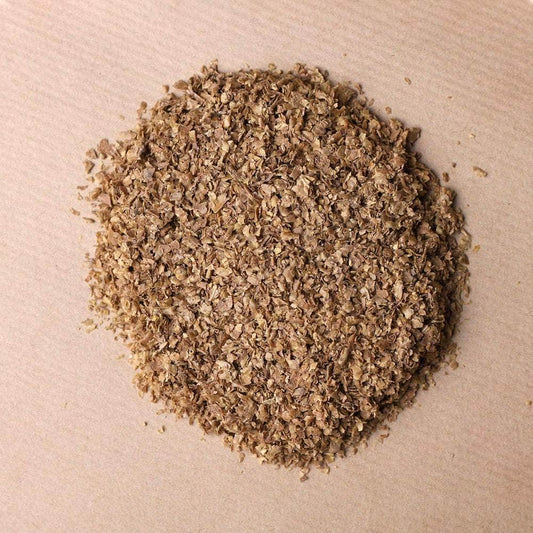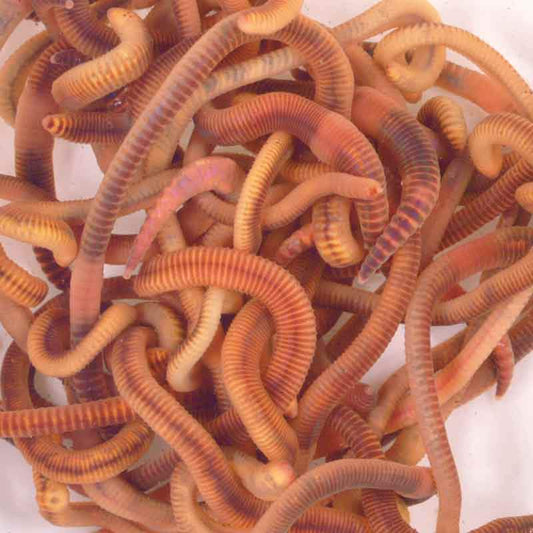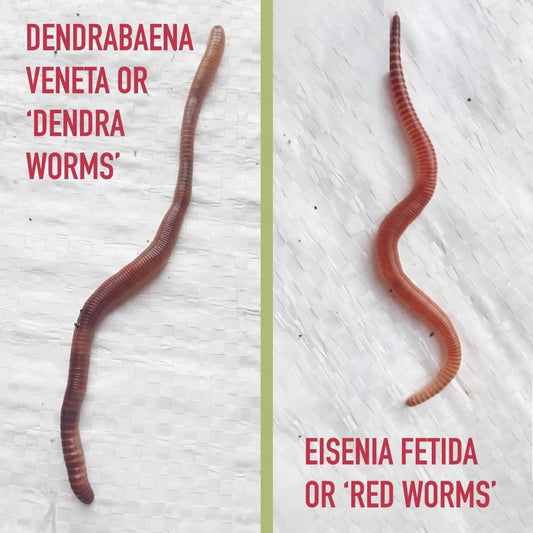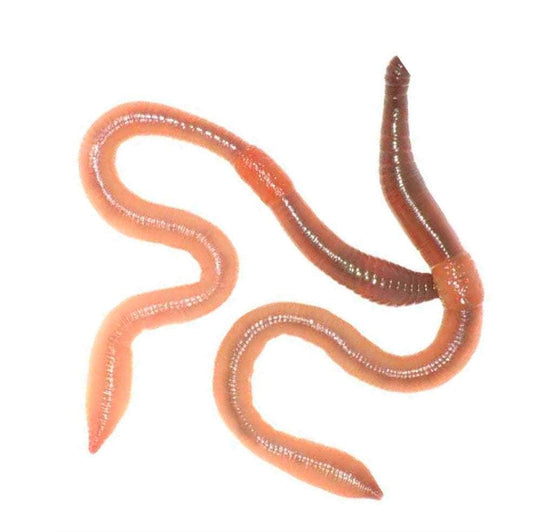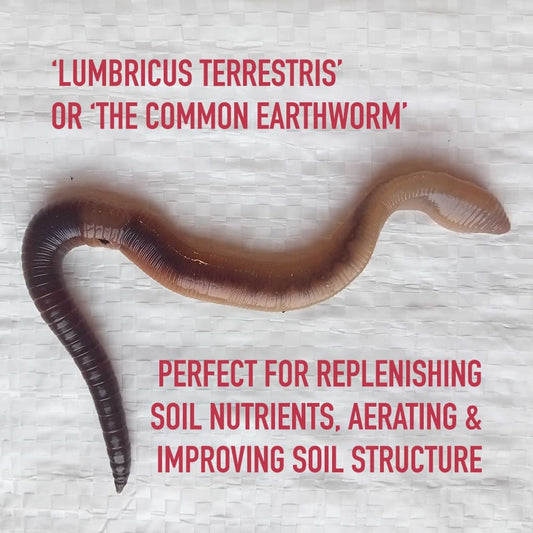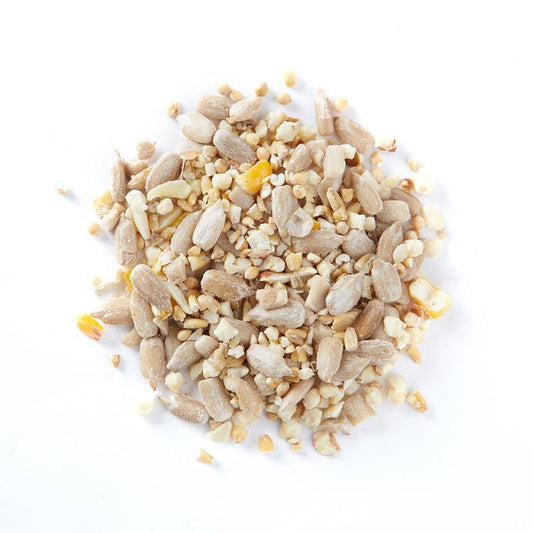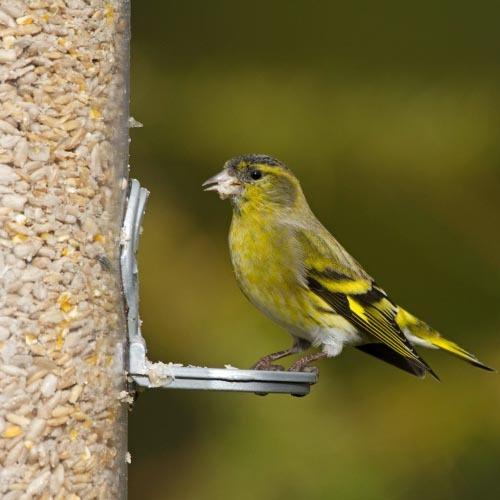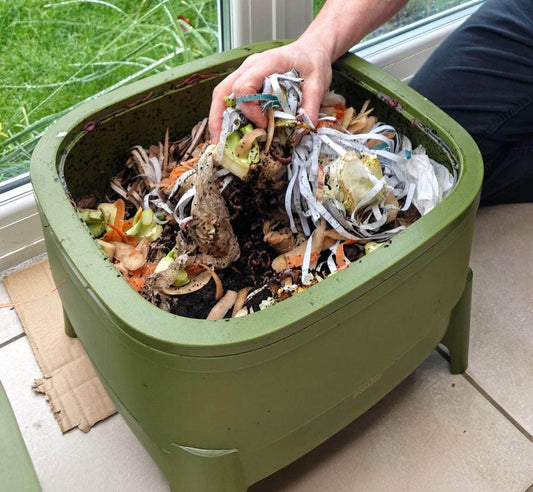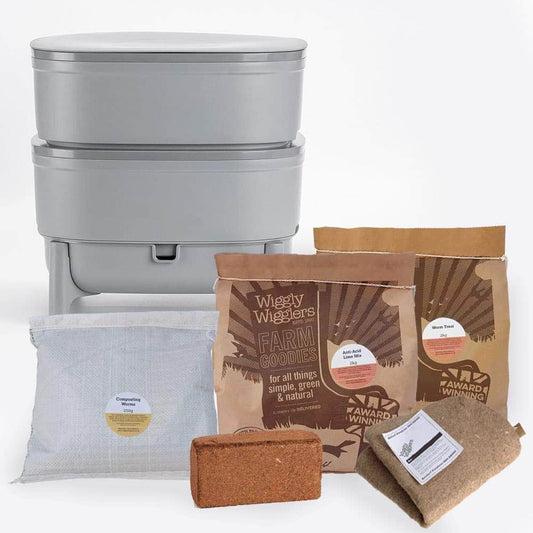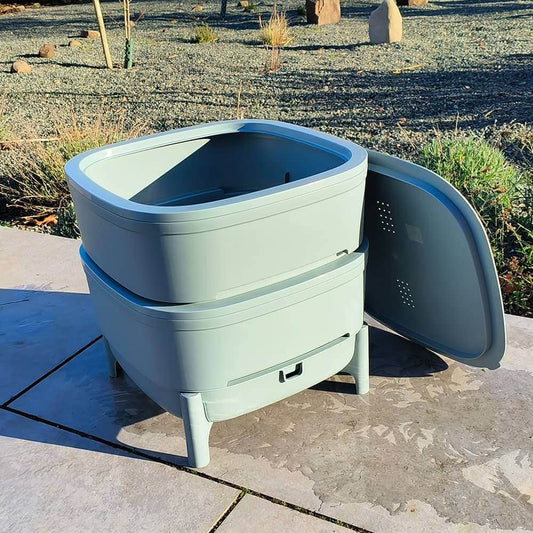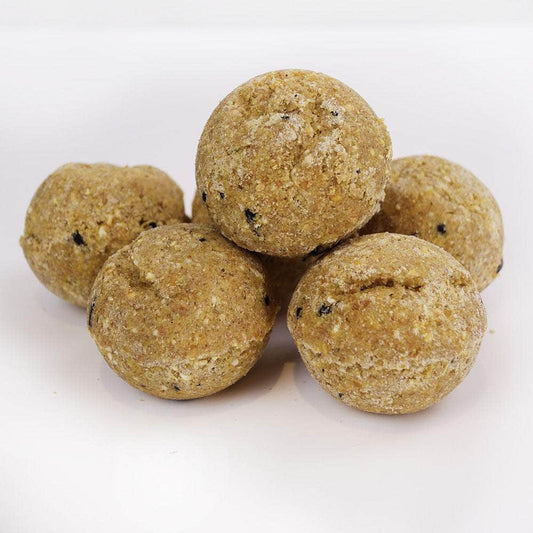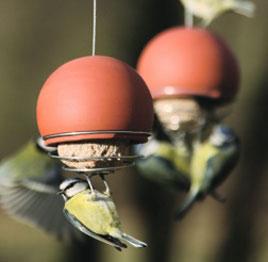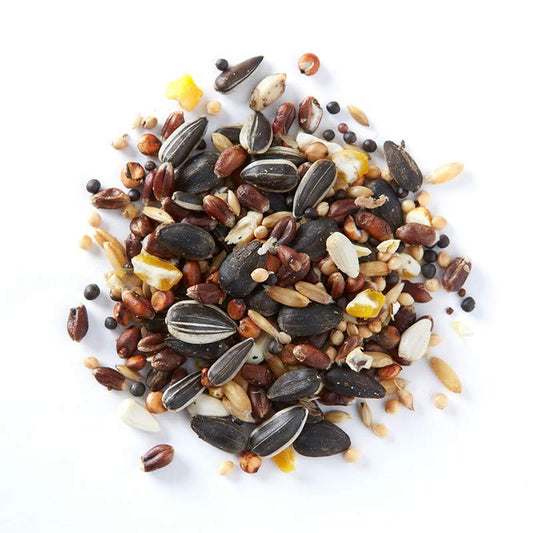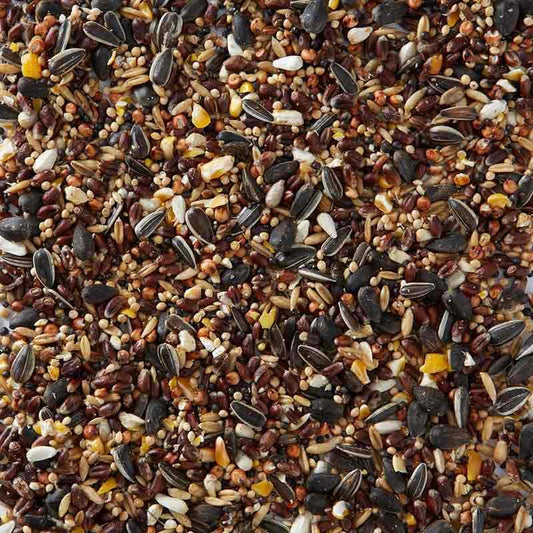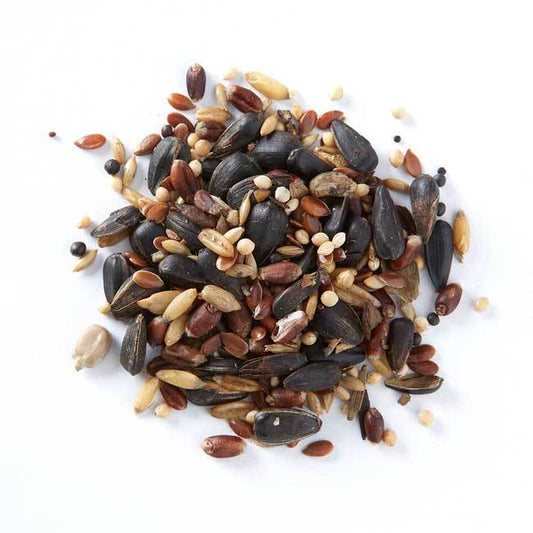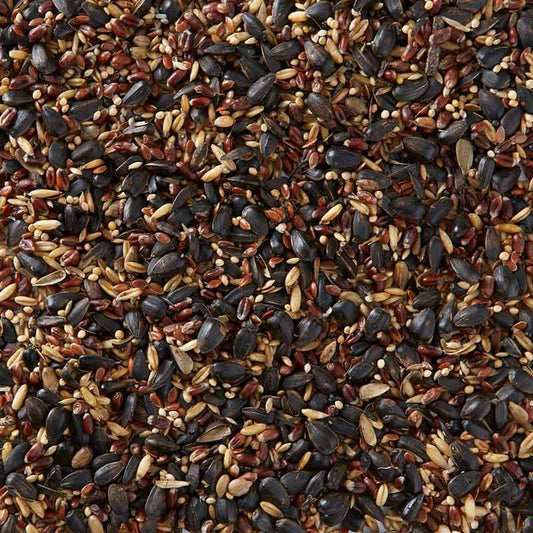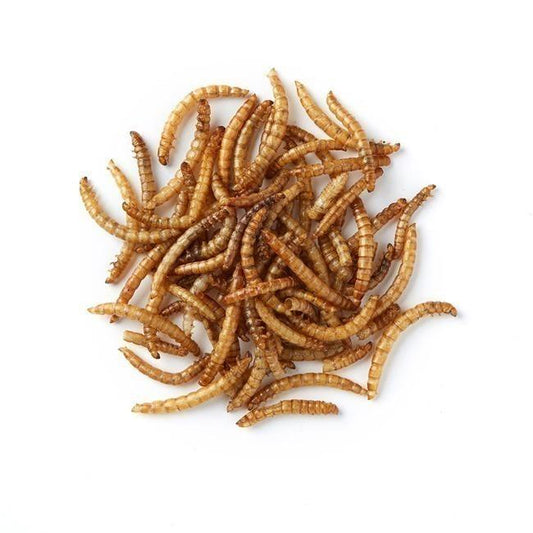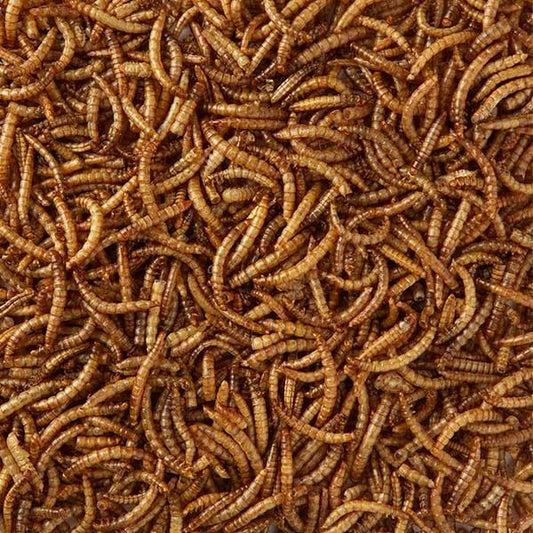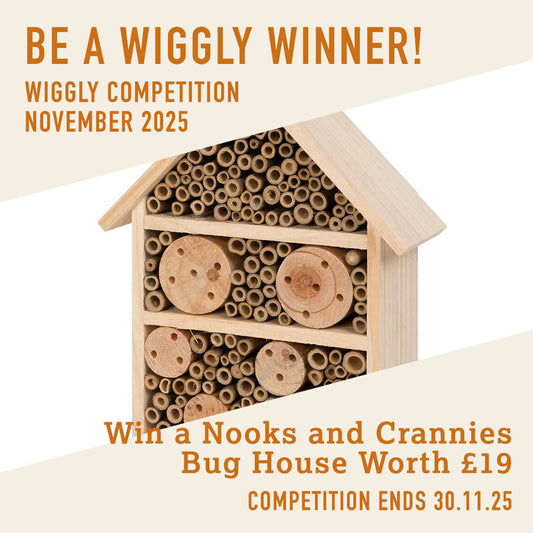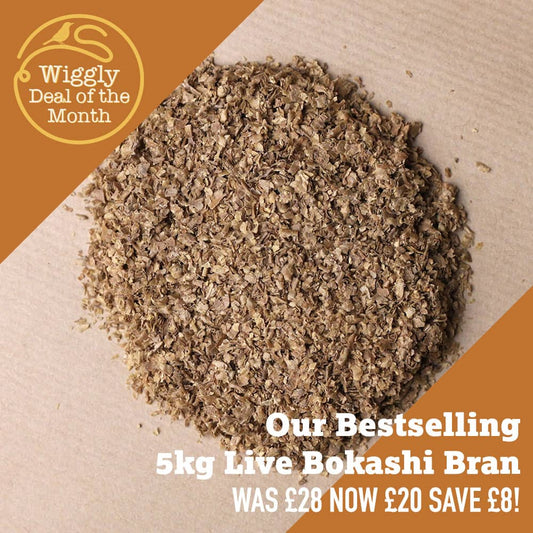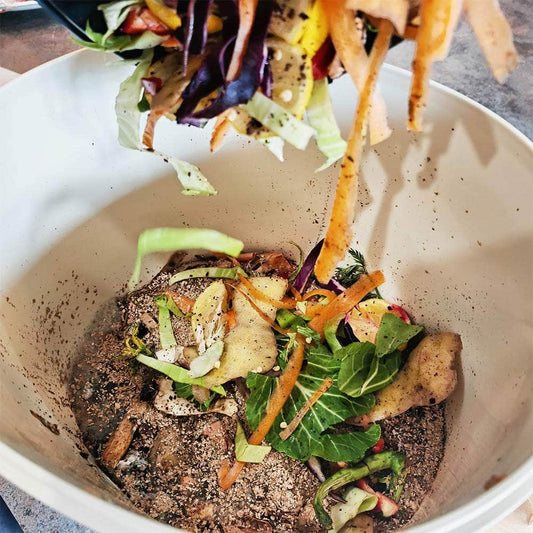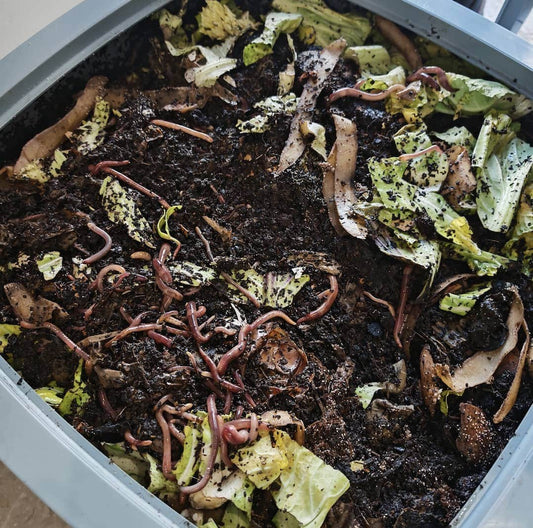Wiggly Wigglers Delivery Information
Standard Delivery (£4.95)
- 2-5 working days.
- Mainland Britain.
- Royal Mail or Parcelforce.
Next Day Delivery (£7.95) – Mainland Britain Only
If you need a guaranteed Next Day delivery then please choose the Next Day delivery option. Please note there are no deliveries on Saturdays, Sundays or Bank Holidays. You must order before 3pm for your order to be sent to arrive the following working day. If you order after 3pm then your order will be shipped on the next working day.
Delivery Charges for Remote Areas
If your order contains JUST live worms and is under 2 kilos - whether that’s composting worms, wax worms or mealworms you will have the option in the checkout to choose standard delivery at £4.95. This is because we can use Royal Mail for this service.
Otherwise you will see the extra cost options for a courier to deliver your package – please note there is no guaranteed next day service to these areas so please allow extra time and track your package for information.
For Falkirk, Aberdeen Perth Kirkwall Paisley and Inverness Areas (not islands), Isle of Man and Isle of Wight the charge is £10.95
(Postcodes AB37-38 AB41-56 FK 17-21 IV1- 40 IV52-54 IV63 KW1-14 PA21-40 PA80 PH15-50 IM1-9 IM86-87 IM99 PO30-41)
For Scottish Islands, Outer Hebrides, Kilmarnock area, Paisley area, Chanel Islands and Northern Ireland the charge is £15.95
(Postcodes HS1-9 IV41-56 KA27-28 KW15-17 PA20 PA41-78 PH42-44 ZE1-3 BT1-99 JE1-5 GY1-10)
All orders ship from Herefordshire, Monday to Friday (excluding bank holidays).
For questions, email wiggly@wigglywigglers.co.uk.
Team Wiggly 🪱

















